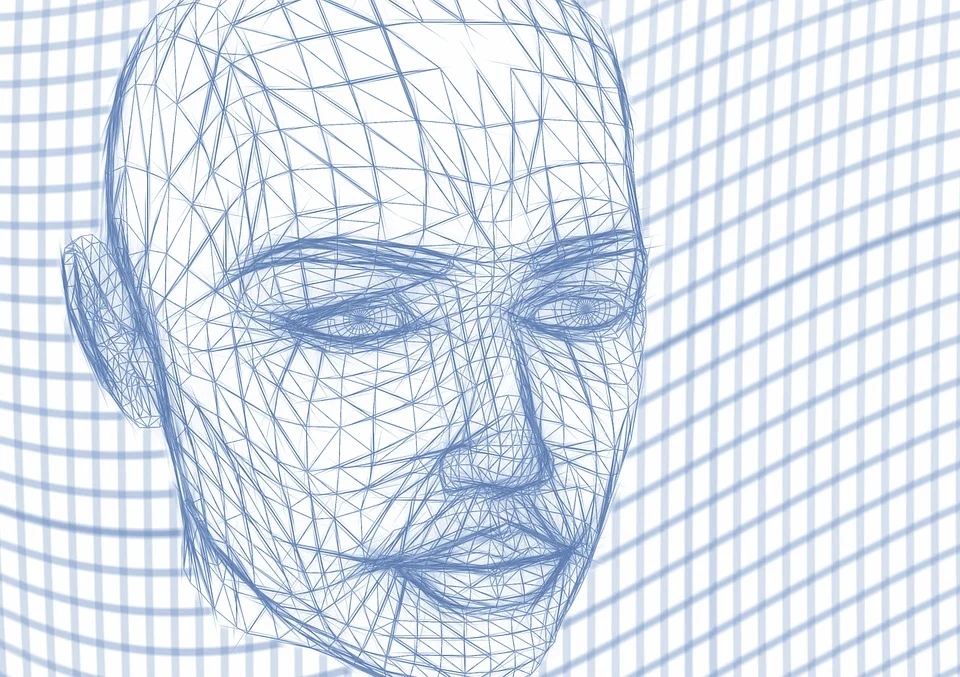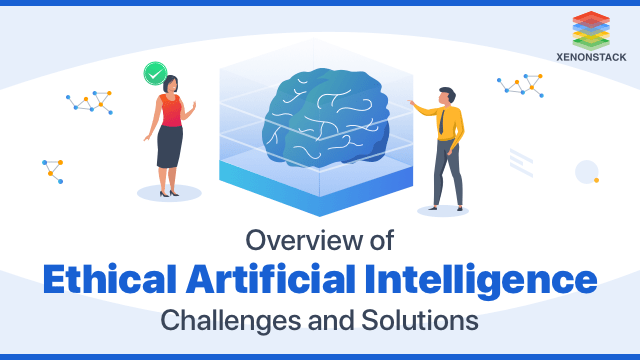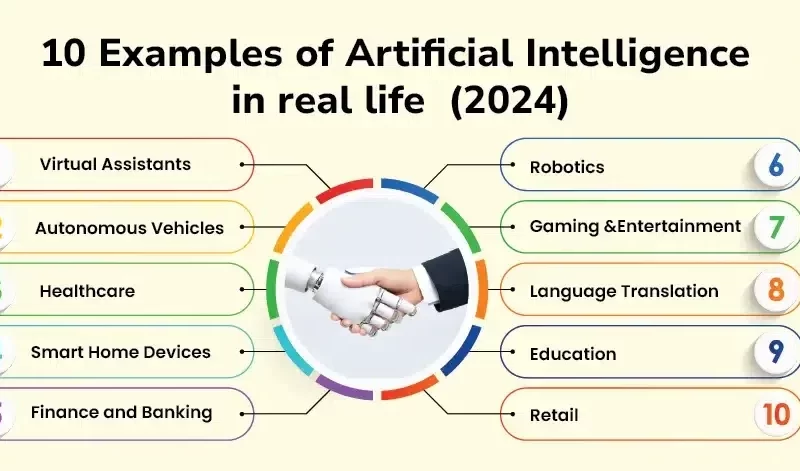Artificial Intelligence (AI) has been making significant strides in transforming various industries, and one sector that is seeing major advancements is healthcare. From streamlining administrative tasks to enhancing patient care, AI is revolutionizing the way healthcare is delivered and managed.
Enhanced Diagnostics and Treatment Planning
One of the key areas where AI is making a profound impact is in diagnostics and treatment planning. AI-powered algorithms can analyze vast amounts of patient data to quickly and accurately identify patterns and trends that human clinicians may miss. This can lead to earlier detection of diseases, more personalized treatment plans, and improved patient outcomes.
Personalized Medicine
AI is enabling the era of personalized medicine, where treatments are tailored to individual patients based on their unique genetic makeup, lifestyle, and medical history. By analyzing large datasets, AI can predict how a patient will respond to a particular treatment, allowing for more targeted and effective interventions.
Remote Monitoring and Telemedicine
AI is also playing a crucial role in remote monitoring and telemedicine, allowing patients to receive care from the comfort of their homes. Through wearable devices and sensors, AI can continuously monitor a patient’s vital signs and alert healthcare providers of any abnormalities. This can help prevent hospital readmissions and improve overall patient outcomes.
Streamlined Administrative Tasks
AI is automating many administrative tasks in healthcare, freeing up time for clinicians to focus on patient care. From scheduling appointments to processing insurance claims, AI-powered systems can handle these tasks more efficiently and accurately than human workers, reducing costs and improving workflow.
Ethical and Privacy Considerations
As AI becomes more prevalent in healthcare, there are important ethical and privacy considerations that need to be addressed. Ensuring the security of patient data, maintaining patient confidentiality, and addressing bias in AI algorithms are crucial to building trust in AI-driven healthcare solutions.
The Future of Healthcare with AI
While AI is already transforming healthcare in profound ways, the potential for even greater impact is enormous. As technology continues to advance, we can expect to see further innovations in areas such as drug discovery, robotic surgery, and predictive analytics. The future of healthcare with AI is bright, promising improved patient outcomes, lower costs, and a more efficient healthcare system.


